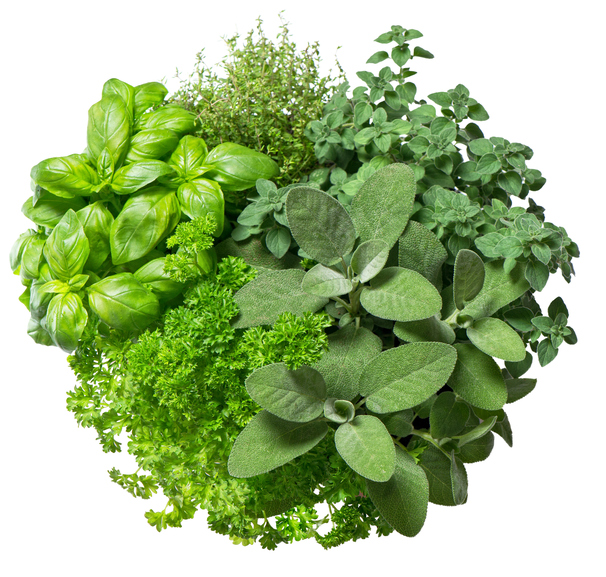 Allergy sufferers, especially those living with asthma, are always looking for natural ways to both reduce and manage symptoms.
Allergy sufferers, especially those living with asthma, are always looking for natural ways to both reduce and manage symptoms.
Best Herbs for Asthma
For an edge up on general trouble breathing, here are 5 herbs for relief from the chronic upper respiratory disease.
Licorice
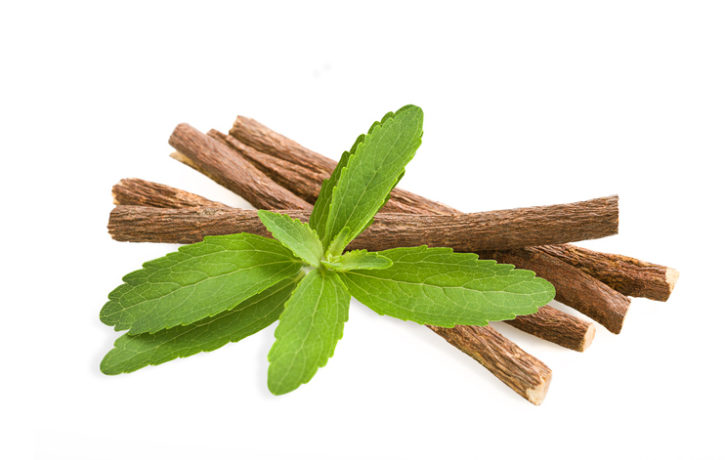 This sweet root has been used as a medicine for thousands of years. According to the University of Maryland Medical Center, its active ingredient glycyrrhiza not only acts as a demulcent but it has a systemic anti-inflammatory effect on the lungs. In other words, it helps reduce inflammation of the bronchial tubes, calms the airways and restores normal breathing.
This sweet root has been used as a medicine for thousands of years. According to the University of Maryland Medical Center, its active ingredient glycyrrhiza not only acts as a demulcent but it has a systemic anti-inflammatory effect on the lungs. In other words, it helps reduce inflammation of the bronchial tubes, calms the airways and restores normal breathing.
It’s important to note that licorice is not suitable for people with diabetes, high blood pressure, adrenal disease, and reduced kidney or liver functioning.
Turmeric
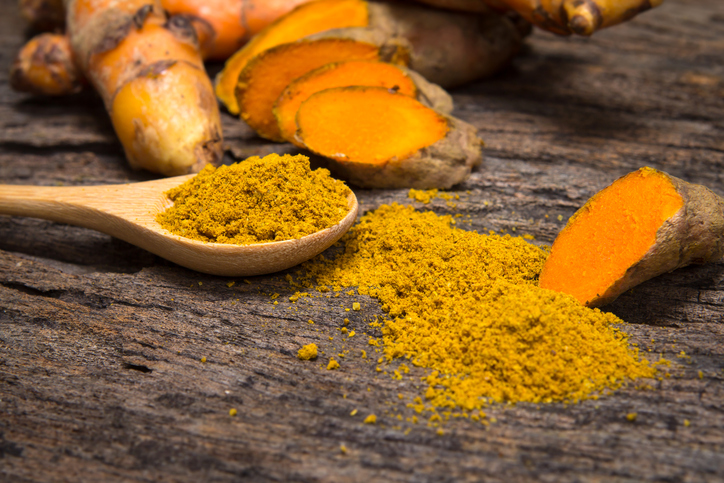
This spice has been found to help patients with bronchial asthma such as aiding in relief of asthmatic inflammation that causes swelling in the lungs as well as trouble breathing. Research shows that benefits of using this herb include an excellent source of antioxidants like nitric oxide – especially in children – who make up more than 50 percent of the 20 million asthmatics around the world.
Ginkgo Biloba
hervContaining antihistamine and anti-inflammatory properties, a 2007 study published in the Journal of Huazhong University of Science and Technology (Medical Sciences) found that these very extracts helped decrease the infiltration of inflammatory cells in the asthmatic airway – in turn, reducing overall airway inflammation.
Other benefits include: treatment of altitude sickness, reduce behaviors and symptoms of autism, and reduce the vascular adverse effects associated with some chemotherapy (though there’s inconclusive evidence).
Ginger
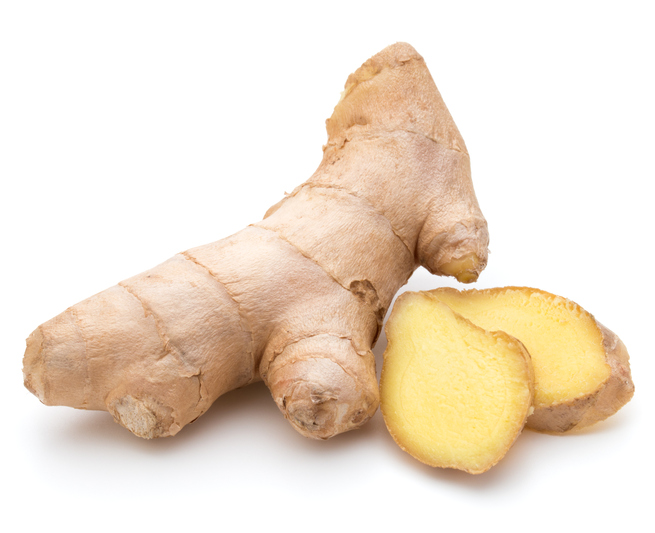 Another well-known herb used for treating asthma, ginger’s compounds - gingerols, shogaols and zingerones – are believed to have particular anti-inflammatory and analgesic properties similar to non-steroidal anti-inflammatory drugs (NSAIDs). In other words, it comes in handy when reducing airway inflammation and inhibiting airway contraction.
Another well-known herb used for treating asthma, ginger’s compounds - gingerols, shogaols and zingerones – are believed to have particular anti-inflammatory and analgesic properties similar to non-steroidal anti-inflammatory drugs (NSAIDs). In other words, it comes in handy when reducing airway inflammation and inhibiting airway contraction.
Meanwhile, a 2013 study presented at the American Thoracic Society International Conference, “found that adding ginger compounds to isoproterenol, a type of asthma medication called a beta-agonist, enhanced its broncho-dilating effects.”
Other benefits include: pain relief, particularly in joints, nausea, motion sickness, and pre-diabetes.
Parsley
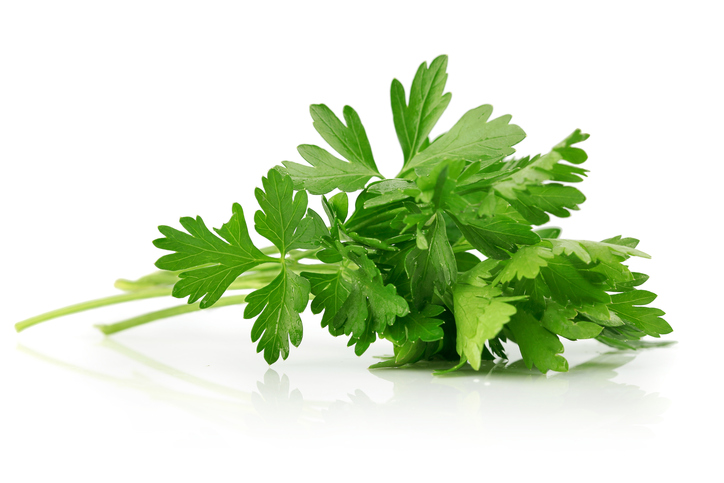 Helps relieve coughing during asthma attacks and acts as an expectorant, aka a medicine that promotes secretion of sputum by the air passages -- enabling the patient to cough, ridding airways of trapped mucous. It also eases tightness in the muscles of the chest.
Helps relieve coughing during asthma attacks and acts as an expectorant, aka a medicine that promotes secretion of sputum by the air passages -- enabling the patient to cough, ridding airways of trapped mucous. It also eases tightness in the muscles of the chest.
READ: Struggling With Your Asthma Treatments? Try These Instead
When used as a tea, parsley is also a natural diuretic which increases frequency of urination.






